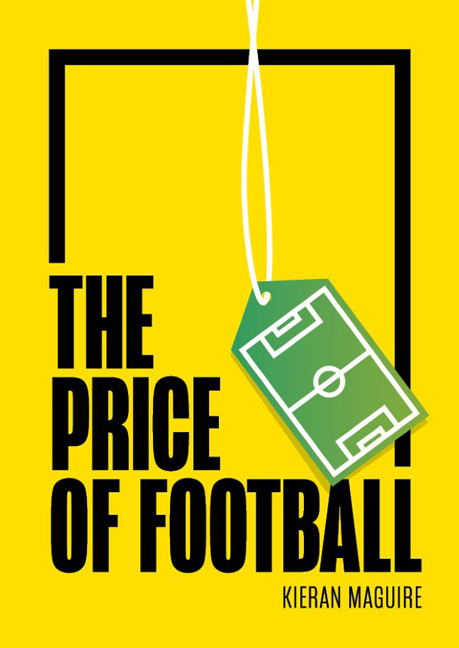8 - Financial fair play
Published online by Cambridge University Press: 20 December 2023
Summary
Financial Fair Play (FFP) was a phrase initially associated with former UEFA president Michel Platini. Its stated aim was to prevent clubs from spending more than they earned in the pursuit of success and in doing so getting into financial problems. A more cynical view might be that the established European superclubs were concerned about the rise of newly monied rivals, in the form of Manchester City and PSG, creating a threat to the effective cartel in terms of how football riches and trophies were spread amongst the elite. Distributions from UEFA for the European Champions League at the final stages had traditionally been shared between a small number of clubs, giving the recipients a further financial advantage over their less wealthy competitors. This effectively acted as a glass ceiling, which prevented smaller clubs from challenging the elite unless they had owners who were prepared to underwrite large losses in recruiting and paying for some of the best players.
FFP is an umbrella term which covers a variety of ways of gauging the finances of football clubs. The rules are set by UEFA for those clubs that qualify for European competitions and by national football associations for their domestic competitions. FFP rules are split into two broad camps, one of which is profit related, and puts a limit on the maximum losses that a club can make, and the other is linked to wage control. Both controls have some merits, but these approaches ignore a fundamental commercial rule. Businesses suffer financial difficulties because of an inability to pay their debts as they fall due, which is a cash flow issue and is not always connected to profit, which is an abstract accounting concept that can be manipulated.
In earlier chapters we established that profit and cash are not the same and so it seems baffling to have profit control methods if the sole aim is to minimize the chances of clubs entering formal insolvency/bankruptcy arrangements. The nature of these controls reinforces the view that some of them exist for reasons other than simply preventing clubs from going out of business.
- Type
- Chapter
- Information
- The Price of FootballUnderstanding Football Club Finance, pp. 95 - 110Publisher: Agenda PublishingPrint publication year: 2021

